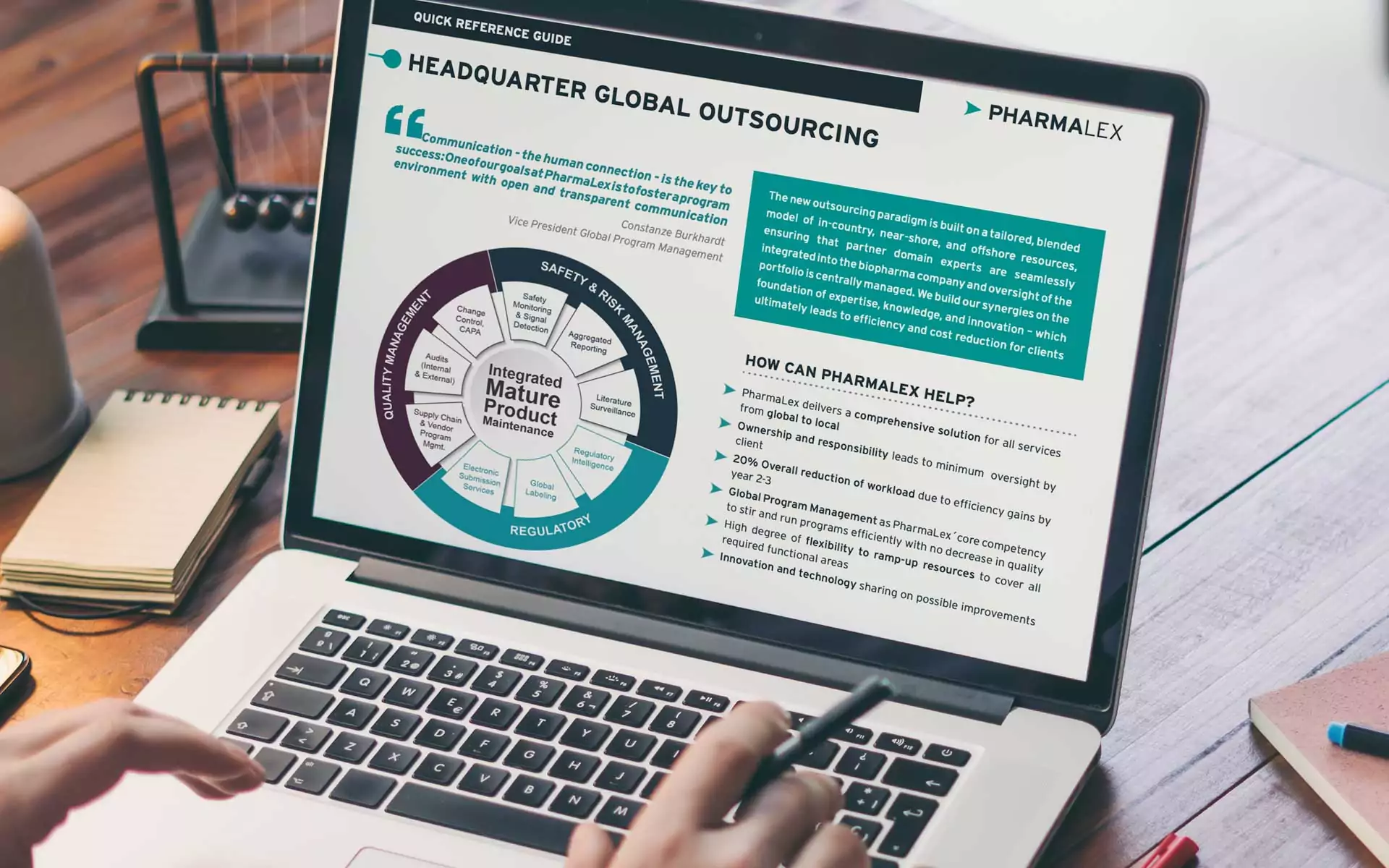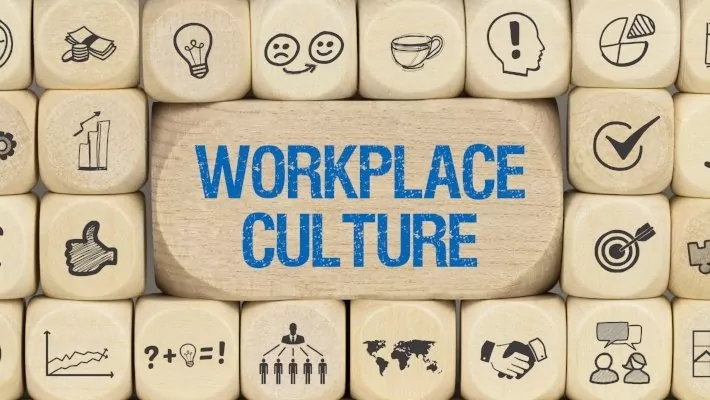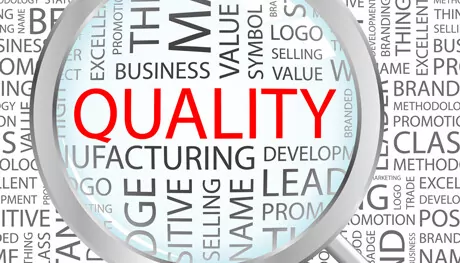The Importance of Self-Awareness on Behavioural Culture in the Workplace.
Practicing self-awareness does not need to be a time consuming, planned or structured process. It merely involves taking a few quiet minutes for yourself at periodic intervals and asking yourself a few key self-reflecting questions. Why not try it right now by reflecting on the following:
- How would I describe myself as an individual; what makes me tick, how do I approach, behave and respond to my peers?
- What does “normal” look like to me? Do I know what “normal” looks like to my peers? Is it the same or different?
- When am I at my best?
- When negative thoughts arise how do I deal with them? Do my actions affect my peers positively, negatively or not at all?
- What motivates me to make progress? How does this impact those around me?
- What stresses me out? How do I manage my stress? How does my stress affect others?
- How do I want others to see me? How do I think others see me?
- Do I operate as a team player? Am I perceived as a team player by my peers?
- Do I reward myself for a job well done?
- Do I learn from a job that is not well done? Do I take accountability for this?
- What does recognition look like to me?
- Do I provide feedback to my peers without being asked?
- Do I accept feedback, listen and reflect on it without exercising judgement towards the person who provided it?
Once you understand yourself, your strengths and your weaknesses, you can then leverage these and become a more effective behavioural leader. You don’t need to be assigned to a project or have a senior title to demonstrate behavioural leadership; it is an individual skill that can be used in all areas on a daily basis and is transferrable once mastered both inside and outside the workplace.
As you continue to practice a self-awareness approach and apply it to situations and events in your daily work routine, over time you will develop a non-judgemental approach in how you relate to others. Once self-awareness is exercised and the understanding of how your beliefs and values affect your behaviours, the next step is to identify what steps you can take that will have a direct and positive effect on how you conduct routine activities inside and outside the workplace.
The power of giving and receiving feedback can influence a person’s behaviour and how they conduct themselves. Providing feedback can be an effort in itself and it doesn’t always come to us naturally. Feedback allows people to modify their behaviour to help them attain their goals. Feedback can be delivered in different ways and it is important to exercise self-awareness prior to providing feedback to either your peers or your direct reports. Feedback should be timely and precise, and a clear distinction should be made between actions, results and people.
Every individual brings personal attitudes, skills, knowledge, habits and personalities to their role which can be either strengths or weaknesses depending on the task demands. It is important to consider individual characteristics that influence behaviour which influence investigations or issues or problems that arise in the workplace. When conducting root cause investigations in the pharmaceutical arena, human error is frequently under investigated and in many cases assigned as the root cause itself. Review and consideration of factors that affect an individual’s physical, mental and emotional capacity to adhere to standards of work practice should be encouraged. Self-awareness helps people to identify trends and biases in their own decision making. When you understand how you react to certain situations, you can implement strategies that lead to better decisions and lead by example for those around you.
There are many articles available on the internet that discuss self-awareness and how to apply it and the following article written by Scott Jeffrey is recommended for those that wish to read more on this – “How to Cultivate Self-Leadership”; https://scottjeffrey.com/self-leadership/
For further guidance on how to practice self-awareness skills you can visit the podcast at the following link: https://lifeskillsthatmatter.com/podcast/how-to-practice-self-awareness/
PharmaLex offers a wide range of training across all GxP services which include annual GxP training, Quality Culture, Data Integrity, Human Error Reduction and Quality Risk Management. The importance of understanding the relationship between human behaviours and their impact in the workplace is also factored into the training packages that can be developed and tailored to match the specific needs within your organisation. Why not connect with PharmaLex today +353 1 846 4742 or contactirl@pharmalex.com and discuss your individual needs with a member of the PharmaLex team.








